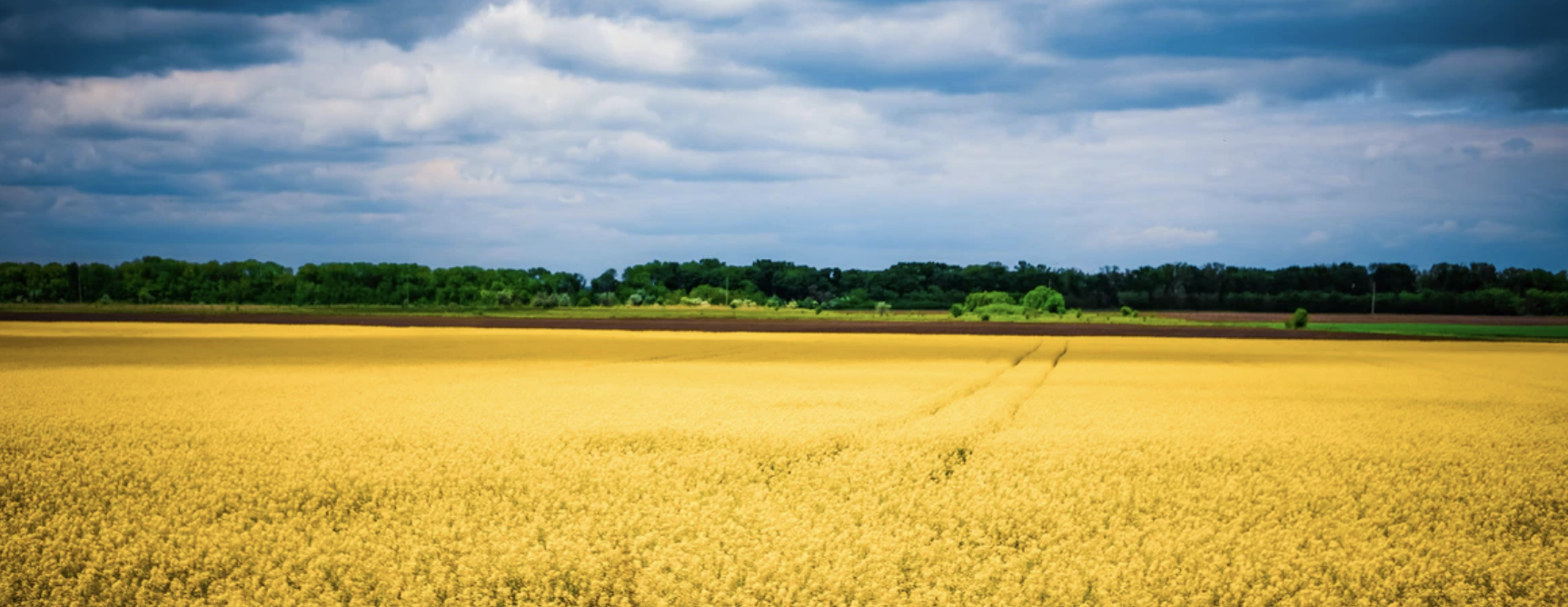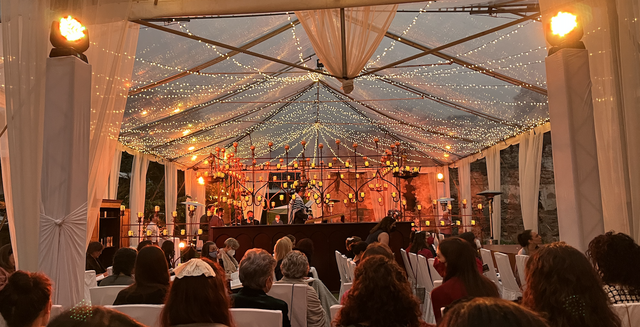16
Mar 2022
Wexner Heritage Program Announces 2022 Cohorts
The Wexner Foundation is pleased to announce three new classes of the renowned Wexner Heritage Program with dynamic volunteer leaders from Cleveland, Palm Beach, Florida, and the San Francisco Bay Area.
I am hoping that perhaps with a day of communal fasting followed by a raucous celebration of Purim and the world turned upside down we will balance ourselves out again. And have renewed strength to do the work required to make what we know is possible real.
If we allow ourselves to be counterintuitive and limit ourselves, it seems we might stimulate our creative sparks of imagination for our communal projects, in addition to our personal imagination.
During our ongoing shared global pandemic and time of political and social crisis, we better appreciate the need for both science and religion, for the rule of law, guidance of public policy, and the supreme sensitivity to human suffering and aspirations of all kinds.
The same things that fuel our imaginations when we are young fuel them as we age, however the demands on our time are so much greater. It is often easier to allow our imaginations to remain dormant, living a lifestyle that does not allow the space for creativity to develop.
In this way, imagination is not only about creative thinking or about forming grand, novel ideas. Rather, it is about seeing our way into someone else’s future reality and exercising our empathy and resourcefulness to build that reality.
For me, the amount of supervision comes down to a formula I’ve developed over the years: What is my unique value added per unit of (my) effort?
Supervision is about developing a professional, collaborative relationship in which both parties share responsibility and feel accountable to one another as they both strive to meet the goals of their organization. Supervision is a skill and a craft – one’s title, salary, and professional portfolio do not automatically or universally make someone an effective supervisor.
Categories
- _About (12)
- _Alumni (6)
- _Core (3)
- _Landing Pages (34)
- _Programs (14)
- _Resources (5)
- _Summits (6)
- Antisemitism (7)
- Climate Change (13)
- COVID-19 (11)
- Difficult Conversations (21)
- Education (4)
- Gender (6)
- General News (144)
- Holocaust (3)
- Innovative Projects (268)
- Intergenerational Communication (6)
- Israel (159)
- Judaism in Online Spaces (11)
- Lessons in Leadership (240)
- Life’s Leadership Moments (294)
- Mentorship (54)
- Peoplehood (154)
- Play (7)
- Pluralism (3)
- Politics (10)
- Power (14)
- Professional Growth (34)
- Racial Justice (10)
- Self-care (25)
- Social Justice/Tikkun Olam (59)
- Summit Seeds (3)
- Text/Holidays (150)
- Uncategorized (6)
- Values and Ethics (24)
- WexFactor (8)
- Wexner Davidson Fellowship (1)
- Wexner Field Fellowship (27)
- Wexner Graduate Fellowship/Davidson Scholars Program (89)
- Wexner Heritage Program (99)
- Wexner Israel Fellowship (47)
- Wexner Senior Leaders (22)
- Wexner Service Corps (4)
- World conflicts (8)










